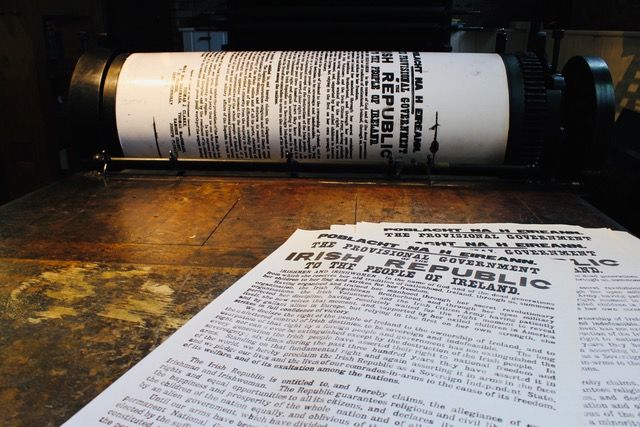Arthur Schopenhauer on Freedom of the Press

Freedom of the Press is a lauded value in the West. The Constitution enshrined its freedom in the First Amendment and it is ever-present in the lives of Americans. Arthur Schopenhauer was a 19th century German philosopher who had an interesting perspective on freedom of the press. It shouldn't be surprising that his views, issuing from a different time and space, vary from an American perspective.
August Glen-James, editor
Freedom of the press must be regarded as a permit to sell poison: poison of the mind and poison of the heart.
Freedom of the press is to the machinery of the state what the safety-valve is to the steam engine: every discontent is by means of it immediately relieved in words--indeed, unless this discontent is very considerable, it exhausts itself in this way. If, however, it is very considerable, it is as well to know of it in time, so as to redress it. --On the other hand, however, freedom of the press must be regarded as a permit to sell poison: poison of the mind and poison of the heart. For what cannot be put into the heads of the ignorant and credulous masses?--especially if you hold before them the prospect of gain and advantages. And of what misdeeds is man not capable once something has been put into his head? I very much fear, therefore, that the dangers of press freedom outweigh its usefulness, especially where there are legal remedies available for all grievances. In any event, however, freedom of the press should be conditional upon the strictest prohibition of any kind of anonymity.
Arthur Schopenhauer
